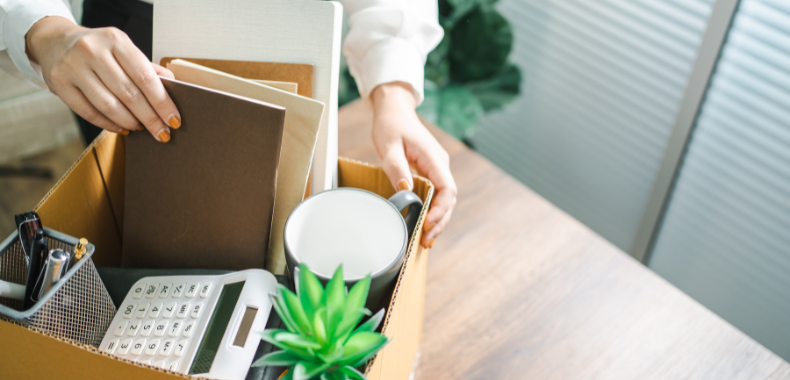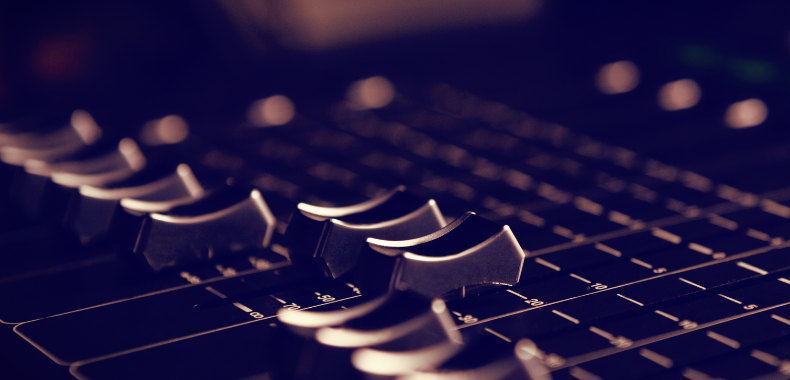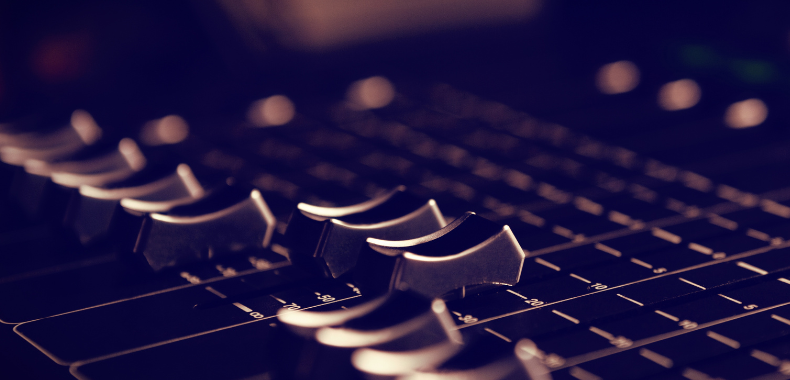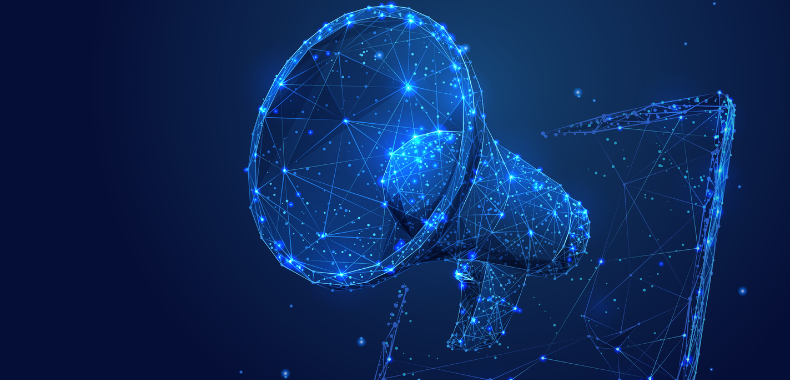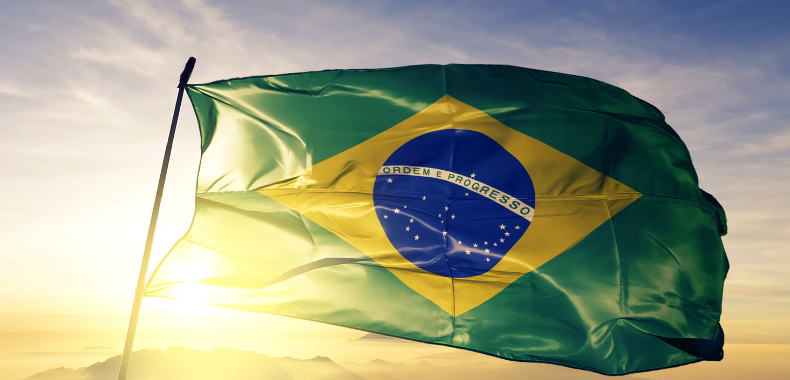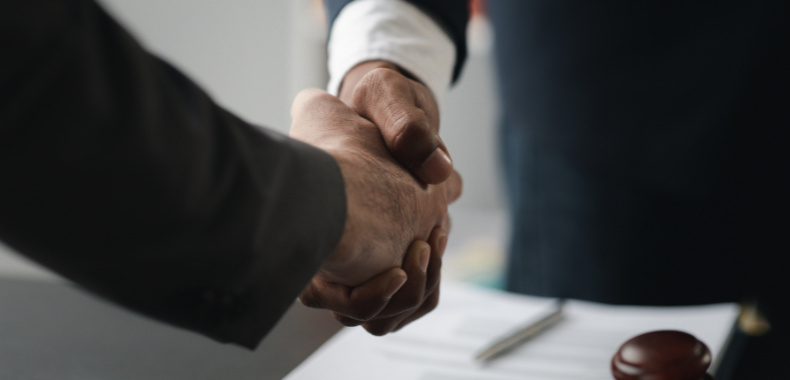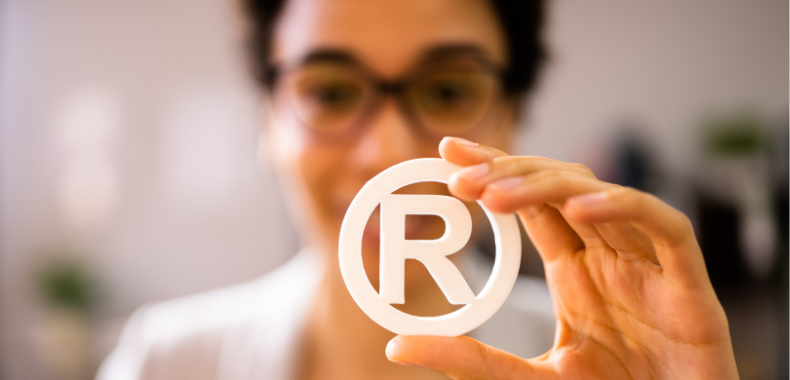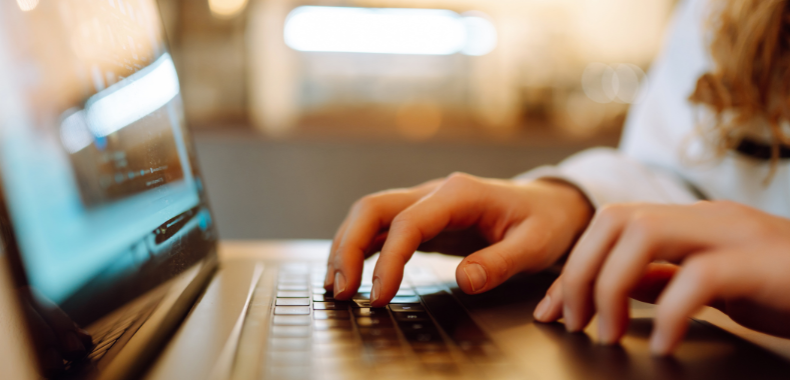E-commerce refers to a type of business that is completely conducted through the internet, meaning from the selection of the product, choice of delivery address and payment method [1]. Its first records can be traced back to the 1970s in the United States of America and the 1990s in Brazil [2].
However, despite already being a very popular and widely used type of business, it was during the pandemic, due to its social and economic impacts, that we faced a “BOOM” in the online market.
People, with the most diverse services and products, began to use this alternative and cheaper medium to reach consumers and thus achieve a certain income.
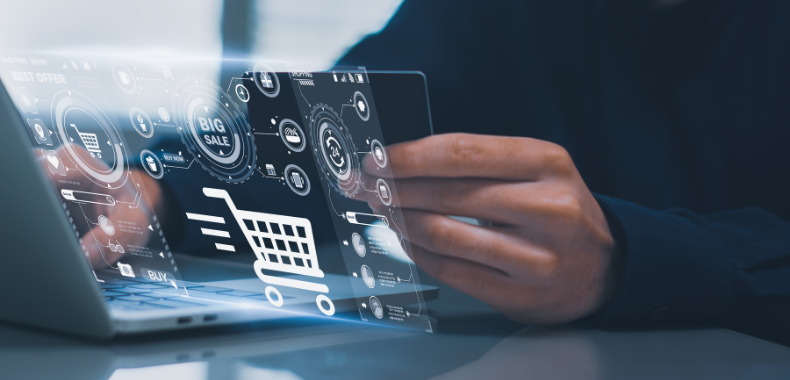
During this period, considerable amounts of capital were directed towards the development of online operating systems that better met this new demand, creating a faster and less bureaucratic space.
In response to this new movement, the Director General of the World Intellectual Property Organization, Mr. Daren Tang, in an interview with CNBC in 2022, declared that this scenario would bring many positive and negative points to industrial property rights [3].
In TANG’s opinion, the advancement of e-commerce would bring easier ways for people to trade counterfeit products, however, on the other hand, companies that manage these platforms should face the problem with counterfeits seriously, being in contact with national governments to monitor and deal with this situation.
Despite this, for TANG, what this wave still brings is the creation of new opportunities for entrepreneurs, which, for the Director General, is fantastic.
Going even more deeply into this issue, in 2019, the EUIPO – European Observatory on Infringements of Intellectual Property Rights, together with the OECD – Organisation for Economic Co-operation and Development, published a study entitled “Misuse of E-commerce for Trade in Counterfeits” [4].
In this scenario, the National Council for Combating Piracy in Brazil (CNCP) has a Guide [5] and Handbook [6] of good practices and guidance for combating piracy in e-commerce.
In the complete report of the study, these were some of the main conclusions:
- In 2020, as a consequence of the restrictions caused by the Covid Pandemic, there was an increase of at least 20% in online commerce compared to the traditional market.
- Statistics observed during the period from 2017 to 2019 showed that at least 50% of the detentions in the EU would be of counterfeit products, of which 90% would have been sent by mail to the country; and
- Most of the counterfeit products sold through the online market belong to the categories of perfumery and cosmetics, pharmaceutical products, and optical products.
In the documents, in order to help companies that work with e-commerce platforms to create a safe and transparent environment, the CNCP advises:
- Validating the Seller’s CPF or CNPJ, with their complete identification, as well as proving their existence through a bank account, digital wallet, or associated payment methods.
- Reserving the right of the Platforms to demand fiscal documents related to the accessory obligations of the sale of their products or services, under penalty of exclusion of the Seller user who does not meet this requirement; and
- Creating a specific notification channel for cases of illegal product sales, with permission for consumers and intellectual property rights holders to access it.
The CNCP also advises those who use e-commerce to take a proactive stance towards these measures, as well as to always remain vigilant, working together with government agencies for protection.
In addition to this, those who work with this new form of commerce can still count on various private organizations with expertise in dealing with intellectual property protection issues, which can assist in creating a Policy for the Use and Protection of rights, as well as providing all necessary support to hold infringers accountable.
—
Author: Juliana Kaomy Mikado and Cesar Peduti Filho, Peduti Advogados.
Fonte:
[1] O QUE É E-COMMERCE E PARA QUE SERVE? In EXAME. Available at: https://exame.com/invest/guia/o-que-e-e-commerce-e-para-que-serve/ . Access on: Mar 18, 2023.
[2] Dr.E-coomerce consultoria em e-commerce. Available at: https://www.doutorecommerce.com.br/criando-um-e-commerce/aprenda-origem-e-o-que-e-e-commerce/#:~:text=O%20e%2Dcommerce%20nasceu%20em,1999%20com%20o%20site%20Submarino. Access on: Mar 17, 2023.
[3] RISE OF E-COMMERCE MAKES IT EASIER TO SELL COUNTERFEIT GOODS: WORLD INTELLECTUAL PROPERTY ORGANIZATION. In CNBC. Available at: https://www.msn.com/en-us/money/experts/rise-of-e-commerce-makes-it-easier-to-sell-counterfeit-goods-world-intellectual-property-organization/vi-AA11xPIS . Access on: Mar 17, 2023.
[4] OECD/EUIPO (2021), Misuse of E-Commerce for Trade in Counterfeits, Illicit Trade, OECD Publishing, Paris. Available at: https://doi.org/10.1787/1c04a64e-en . Access on: Mar 18, 2023.
[5] Guia: Boas práticas e orientações às plataformas de comércio eletrônico para a implementação de medidas de combate à venda de produtos piratas, contrabandeados ou, de qualquer modo, em violação à propriedade intelectual. Secretaria Nacional do Consumidor Conselho Nacional de Combate à Pirataria e aos Delitos Contra a Propriedade Intelectual Ministério da Justiça e Segurança Pública – Esplanada dos Ministérios 5º andar, sala 538, CEP 70064-900 – Brasília-DF. Available at: https://www.gov.br/mj/pt-br/assuntos/noticias/conselho-nacional-de-combate-a-pirataria-lanca-guia-de-boas-praticas-e-orientacoes-as-plataformas-de-comercio-eletronico/Guiaboaspraticaseorientacoesasplataformasdecomercioeletronico_compressed.pdf Access on: Mar 17, 2023.
[6] CARTILHA DE BOAS PRÁTICAS E-COMMERCE. Secretaria Nacional do Consumidor Conselho Nacional de Combate à Pirataria e aos Delitos Contra a Propriedade Intelectual Ministério da Justiça e Segurança Pública – Esplanada dos Ministérios 5º andar, sala 538, CEP 70064-900 – Brasília-DF. Available at: < file:///C:/Users/Juliana.kaomy/Desktop/Cartilha%20de%20Boas%20Pr%C3%A1ticas%20no%20e-commerce.pdf>. Access on: Mar 21, 2023.
—
Se quiser saber mais sobre este tema, contate o autor ou o Dr. Cesar Peduti Filho.
If you want to learn more about this topic, contact the author or the managing partner, Dr. Cesar Peduti Filho.



